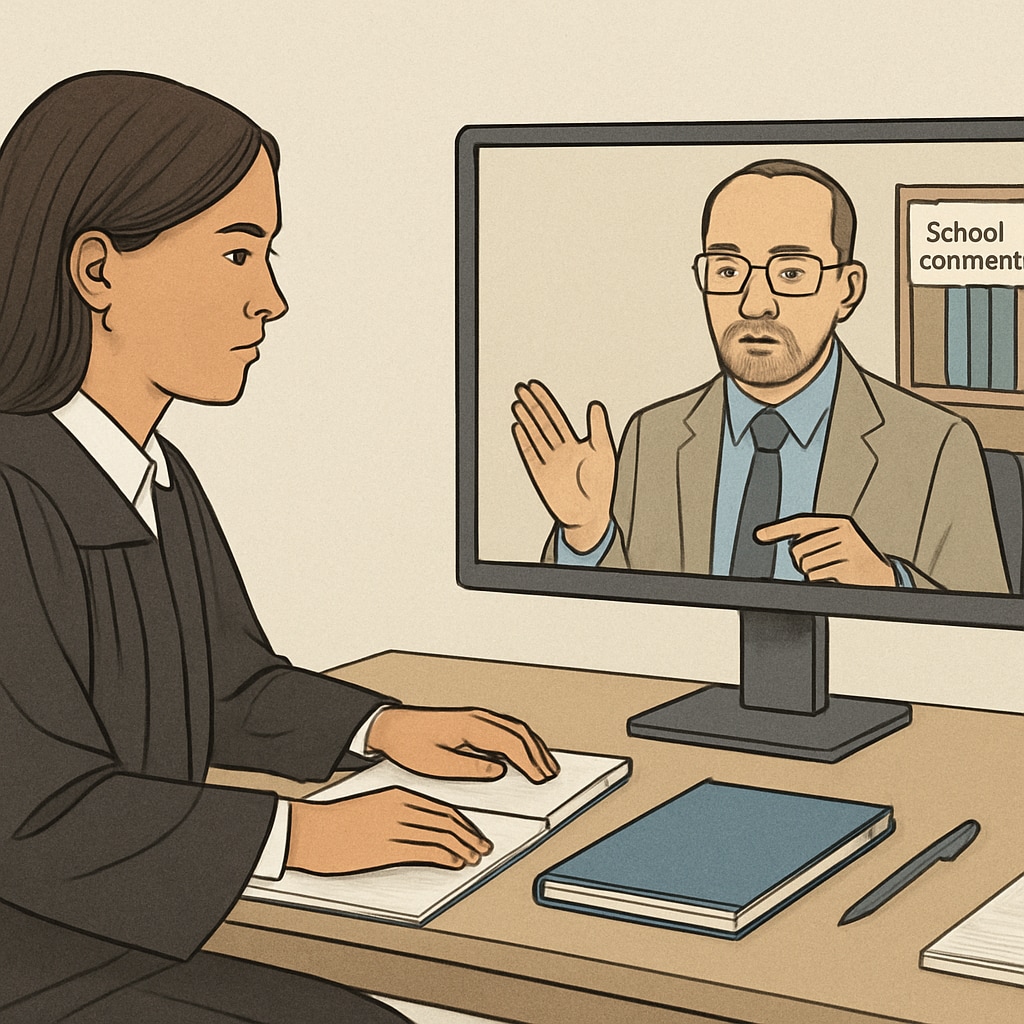Conducting interviews with K-12 school counselors is a critical component for many graduate-level research projects in the field of education. These professionals play a pivotal role in supporting students’ academic and emotional well-being, making them valuable participants for educational studies. This article provides a step-by-step guide to help graduate students effectively locate and interview school counselors for their research, ensuring both a smooth process and meaningful insights.
Finding the Right School Counselors to Interview
Locating K-12 school counselors who are willing to participate in research interviews can seem daunting at first. However, with the right strategies, the process can become much simpler. Below are tips to help you connect with potential interviewees:
- Leverage Your Academic Network: Reach out to professors, classmates, or alumni who may have contacts in local schools. Recommendations from trusted sources can streamline your search.
- Utilize School Directories: Many school districts publish staff directories online. These directories often include contact information for counselors and other administrative staff.
- Professional Organizations: Explore groups such as the American School Counselor Association (ASCA). These organizations often have directories or networking events where you can connect with professionals in the field.
- Social Media Outreach: Platforms like LinkedIn can be valuable for connecting with educators and counselors. Be sure to craft a professional message that explains your research goals.

Effective Communication Strategies
Once you have identified potential counselors to interview, the next step is reaching out to them. Clear and respectful communication is essential to gain their trust and participation. Here are some best practices:
- Craft a Professional Email: Begin with a brief introduction, including your name, academic affiliation, and the purpose of your research. Explain why their participation is essential and how their insights will contribute to your study.
- Highlight the Benefits: Emphasize how the interview will shed light on important educational issues and potentially improve student support services.
- Offer Flexibility: Be accommodating with scheduling and provide options such as virtual interviews if in-person meetings are not feasible.
- Follow Up: If you don’t receive a response within a week, politely follow up to confirm receipt of your inquiry.
For example, your initial outreach email might look like this:
Dear [Counselor’s Name],
I hope this message finds you well. My name is [Your Name], and I am a graduate student at [Your University], conducting research on [specific topic]. I would be honored to interview you as part of my study, given your expertise in supporting K-12 students.
The interview will take approximately [time] and can be conducted at your convenience, either in person or virtually. Your insights will contribute significantly to understanding [specific research focus].
Thank you for considering this opportunity. Please let me know if you have any questions or need further information.
Best regards,
[Your Name]
Conducting Professional and Insightful Interviews
Preparing for the interview is critical to ensure that the conversation is productive and professional. Follow these steps to maximize your results:
- Develop Open-Ended Questions: Ask questions that encourage detailed responses, such as “Can you describe the biggest challenges you face in supporting students?”
- Test Your Equipment: If conducting a virtual interview, ensure your microphone, camera, and recording software are functioning correctly.
- Respect Privacy: Avoid asking for sensitive or personal information about students. Focus on general practices and insights.
- Take Detailed Notes: While recording the interview is helpful, taking notes can highlight key points for later analysis.
During the interview, maintain a conversational tone and express gratitude for the counselor’s time and expertise. If any follow-up questions arise, clarify them professionally to avoid misunderstandings.

Final Steps: Analyzing and Applying Insights
After completing your interviews, it’s time to analyze the data and integrate the findings into your research. Here are some tips for this stage:
- Transcribe Interviews: Convert audio recordings into written transcripts for easier analysis.
- Identify Themes: Look for recurring patterns or insights that align with your research objectives.
- Highlight Practical Applications: Consider how the information can be used to enhance educational practices or policies.
- Acknowledge Participants: In your final report, express appreciation for the counselors who contributed their time and knowledge.
By following these steps, you can ensure that your research is both thorough and impactful, providing valuable contributions to the field of education.
Readability guidance: Use short paragraphs and lists to summarize key points. Ensure transitions are smooth and incorporate over 30% of sentences with linking words such as “however,” “in addition,” and “for example.”


